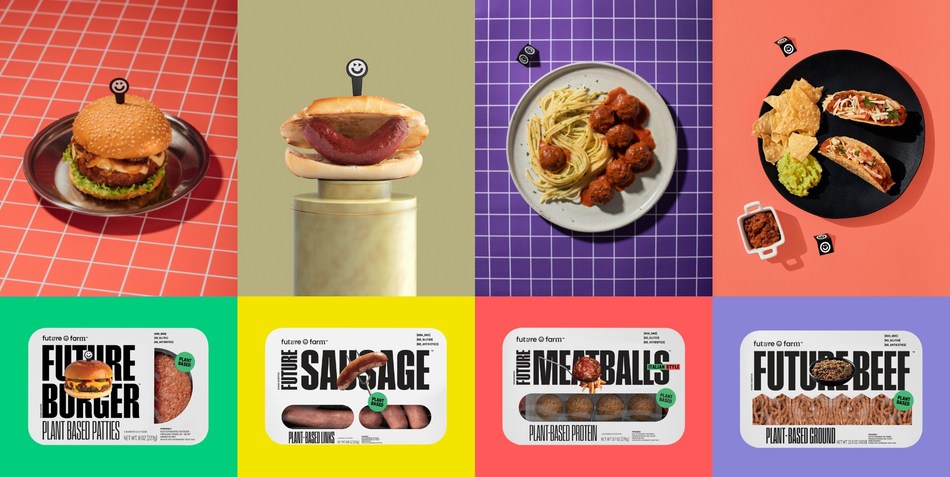Move over Beyond Meat and Impossible Foods, a new plant-based meat brand is about to enter the US market. Future Farm (also known as Fazenda Futuro), a Brazilian plant-based food tech company, is gearing up to compete in the burgeoning US plant-based meat market after successful launches in its home country and abroad. So what differentiates Future Farm from the others and will it find success among Americans?
Fast-Growing Business
Founded in June 2019, Future Farm was the first Latin American food tech company focused on producing meat without the use of animals. In just two years of business, the company has launched in over 20 countries — including Mexico, Chile, Germany, the UK and the Netherlands — elevated its market value to around $134 million through two massive rounds of investment and even outperformed Beyond Meat in the United Arab Emirates (UAE).
Future Farm has also mastered social media marketing and found unique ways of communicating with and broadening its audience. The brand developed an app that allows consumers to reach out directly to the company and buy frozen and ready-to-eat products. It has also amassed a significant social media following with over 350,000 followers on Instagram alone. Its vibrant, colorful and eye-catching images and videos have helped Future Farm distinguish itself on social media and reach younger consumers.
Marcos Leta, Future Farm’s CEO and founder told Vegconomist in an interview that his “goal is to be one of the largest players in plant-based products and bring joy to everyone’s belly and the planet.” Based on the company’s rapid expansion to international markets, its ability to compete with and even outperform other plant-based brands and its massive social media following, Future Farm is well on its way to becoming one the largest players in the space.
Related: Will Plant-Based Marbled Steak Ever Match Up to the Real Thing?
Future Farm’s Ingredients and Technology
When a brand’s growth is this rapid, there has to be a reason aside from excellent marketing — and in the case of Future Farm, there is. Unlike many plant-based meats, Future Farm products have a concise list of ingredients, all of which are free of GMOs. Its all-natural product list includes peas, soybeans, beets for coloring, canola oil, coconut oil and a natural smoked aroma.
While Future Farm’s Future Burger is one of its most popular products, the company is far from a one-product wonder. It also sells Future Beef, a plant-based ground meat, Future Meatballs, Future Chick’n and Future Sausage, while also exploring the possibility of ramping up R&D to expand its offerings with poultry and fish analogues in the coming months.
Future Farm’s latest product innovation goes back to its roots in plant-based burgers with the Futuro Burger 2030. Similar in composition to the original Future Burger, it contains only 6.5mg of fat and 11g of protein per 80g serving. And according to the company, it has the lowest sodium content in the category worldwide at 178 mg per serving.
Entering the US Market
It’s no secret that plant-based meat in the US costs more per pound than its animal-derived counterparts. But one way Future Farms wants to differentiate itself from its competitors is by democratizing plant-based meat and ensuring it is affordable to all consumers. In the initial US launch, the company will introduce the Future Burger at a suggested retail price (SRP) of $5.29, which is competitive with Beyond Meat and Impossible Foods.
To push forward the brand’s momentum and expand its fanbase, the US business will be led by CEO Alexandre Ruberti, a 25-year industry veteran and former leader of Red Bull North America.
“Future Farm is a visionary brand, looking to make earth a place we all want to live, by changing the way the world eats; the difference, however, lies in the team’s commitment to implementing changes today that will make that vision a reality,” Ruberti said in a press release. “I’m eager to help move our mission forward within the US, beginning this spring, all in the name of our future.”












Join or login to leave a comment
JOIN LOGIN